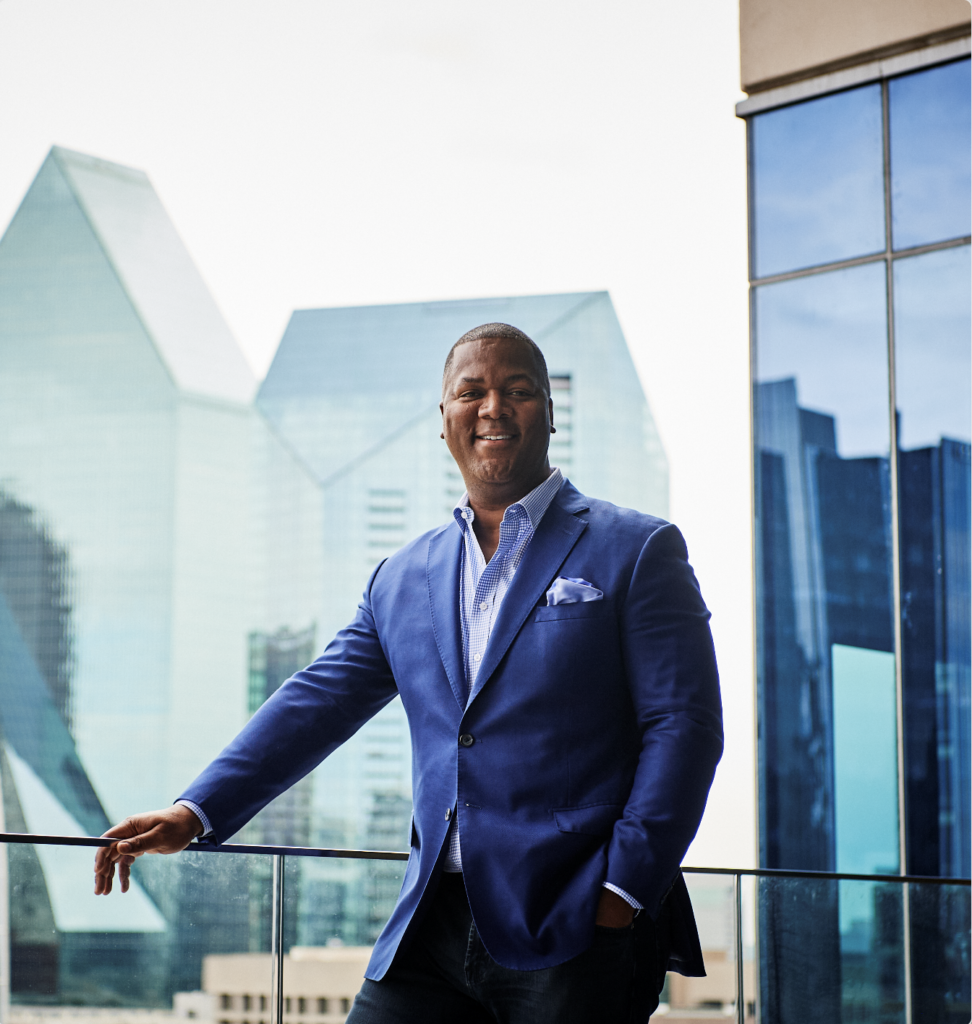7 Common Mistakes Even the Smartest CEOs Make

Most individuals who climb to the position of CEO have plenty of smarts. A certain level of intelligence is generally required before you’re handed the keys to an entire enterprise.
A study that ran from 1996 to 2014 confirms this idea: About 40 percent of Fortune 500 CEOs were found to be in the top 1 percent of cognitive ability.
But pure brainpower isn’t nearly enough to successfully walk the CEO tightrope. People like Jack Welch, Alan Mulally, and Jeff Bezos have more than impressive IQ scores; they’ve excelled as chief executives because they understand the unique nuances of the role—most of which involve inspiring and influencing people, not mastering logical problems.
Here are seven mistakes even the smartest chief executives commonly make (and most of which I’ve made myself):
1. Playing cheerleader when the team is losing.
A study done in 2013 by Duke University analyzed 1,000 CEOs and rated 80 percent as “very optimistic,” making these leaders substantially more bullish than the general population.
That’s an asset in most cases, but it becomes a major problem if the CEO insists that everything is great when performance is down. Just as a basketball team needs to know the score from quarter to quarter, employees need to understand the reality of where the business stands. The CEO should help the team confront challenges with energy and positivity, but she must first acknowledge that the challenge exists.
2. Outsourcing recruitment to HR.
I once sat next to Texas Tech football coach Spike Dykes on a flight. We got to talking about the similarities between CEOs and head coaches, and Spike told me something that stuck with me. When I asked how much of his team’s success was due to the players’ talent and how much was due to actual coaching, he said, “It’s 75 percent the players and 25 percent coaching. You give me the best players and an average coach, and we will beat the best coach with average players every time.”
Human Resources is a vital ally to the CEO, but the chief executive must take the ultimate responsibility for supplying the talent that will help the team win.
3. Insisting on making all the “important” decisions.
Decisions are the fuel on which organizations run. If you’re holding up critical decisions by insisting they all cross your desk, you are stifling your entire operation.
When the decision has implications across multiple functional areas or involves key personnel, it’s the CEO’s to make. Otherwise, it’s likely the decision could be made lower down in the organization by someone who has the requisite expertise and perspective.
4. Acting like a “super VP.”
A CEO acts like a “super VP” when she spends most of her time dominating the operations of one functional area in the organization (usually the one she has a background in). This behavior frustrates the executive who’s responsible for that group, and diverts the CEO’s attention from the big picture of the organization. You may have to step in and pinch-hit now and then, but if your executive can’t effectively lead the group, he or she should be replaced.
5. Trying to be the chief data analyzer.
A CEO who’s awash in raw data from the entire company will struggle to find the signal in all the noise, regardless of his cognitive ability. The best CEOs leave data interpretation to the functional leaders who understand it best, rather than trying to single-handedly find the needle in the haystack. Your time is better spent owning the vision, building the team, and removing barriers to performance.
6. Having a favorite child in the organization.
It’s human nature to favor certain people over others, but CEOs have to guard against displaying preference for any leader or team. I knew one CEO who seemed to be attached at the hip to his CFO. After I noticed him at event after event with this CFO and never saw anyone else from the management team, I thought it likely that—as in similar situations I’ve seen—his other executives felt like second-class citizens in their own company.
7. Not asking the board for feedback.
The board is the CEO’s brain trust, and the CEO leaves a lot on the table if he or she doesn’t actively seek the board’s feedback. I encourage CEOs to end every board meeting by giving board members a homework assignment: ask them to identify three things you’re doing well and three things you could improve. Reviewing and acting on this feedback helps you constantly grow as a leader—whether you’re the smartest guy in the room or not.
Originally published on Inc.com





